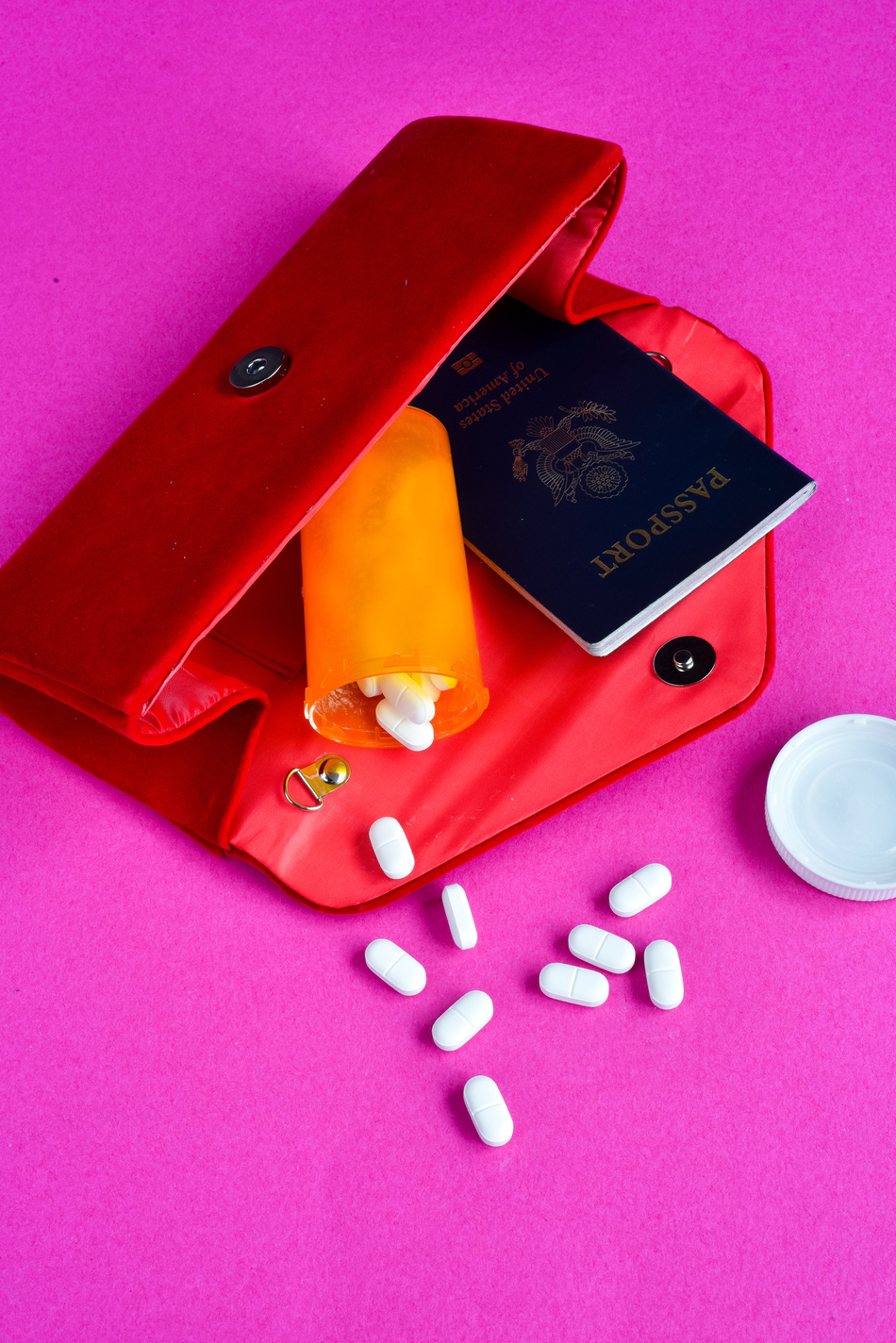
Episode Transcript
Announcer: "Health Hacks" with Dr. Troy Madsen, on The Scope.
Dr. Madsen: Today's health hack is having an antibiotic in your bag when you travel. The antibiotic I really have in mind here is Ciprofloxacin. And the reason for it is urinary tract infections. So if you're female and you're traveling, you may have experienced this before. I mean anyone could experience it, but urinary tract infections are more likely in females. And if you're traveling and you experience a urinary tract infection, you know how miserable this can be.
If you're in a foreign country or just even another city, just trying to get in to find health care, interrupt your plans, getting the help you need to get a prescription for exactly what you know you need can be an incredible headache. So I think it's not at all unreasonable if you're going on a big trip or, you know, if you meet with your doctor just to ask them, "Can I get a prescription for an antibiotic to have on hand for this kind of situation?"
I think it's a reasonable thing to have. Typically you know when you have a urinary tract infection, and studies that have been done have shown that if a person feels like they're having a urinary tract infection, they're probably right.
So the health hack here is have an antibiotic on hand. Ciprofloxacin is one that I recommend that works very well for urinary tract infections. Take it with you when you travel. If you have symptoms of urinary tract infection, you can take this, avoid a trip to an ER or to some health care facility in a foreign country.
Announcer: For more health hacks, check out thescoperadio.com. Produced by University of Utah Health.